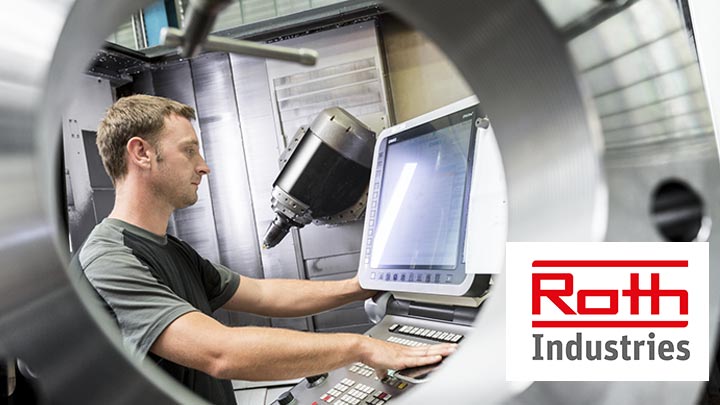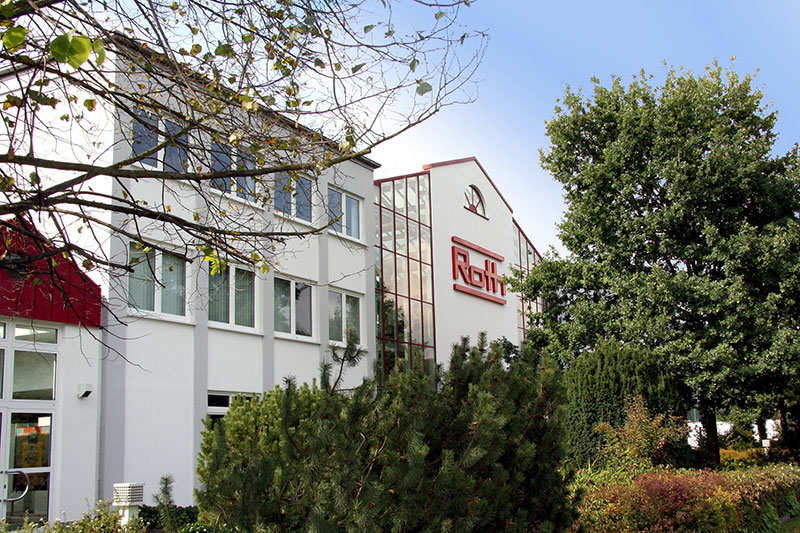
Between numerous new customs agreements, more exports going through third countries, and increasingly complex regulations, the processing workload is constantly increasing, especially at larger mid-sized companies. To stay on top of the game, family-run company Roth Industries has reorganized its export controls.
A mid-sized company based in Dautphetal, Germany, Roth Industries maintains a worldwide presence with some 1,300 employees and 28 production and sales firms. In the past, export controls at Roth had been conducted almost as an afterthought – something that is no longer possible today. “The number of global exports is continuously rising, our commercial and direct customers in third-party countries are becoming increasingly important, and export control requirements are ever more complex. Depending on the export nation and item, export controls and careful reviews have to be something we’re thinking about,” says Roth Werke Customs & Exports Representative Ulrich Meyer regarding the challenges.
Looking for better export control solutions
According to Meyer, Roth’s expert on export regulations, “Every customs agreement is different. Managing preference clauses, supplier and origin declarations, and sanction list checks is more time consuming than ever, and violations are punished severely.” Employees were concerned about making mistakes, and the administrative work could only be accomplished with large numbers of personnel. In response, the company went looking for more effective export control solutions.
The SAP ERP system has been a boon to many large companies.
But Meyer found this solution too all-encompassing. He notes, “We were looking for an alternative for processing our foreign trade business that would reliably support us in electronic customs declarations (ATLAS) and the many export controls.”

In describing his company’s experience with the foreign trade solution from Mercoline, Meyer says, “The new IT solution integrated into SAP is such a help. Export control and sanction list checks are combined from the offer all the way through to the invoice. And the ATLAS-based software also supports our employees with electronic customs declaration and clearance. The individual modules for SAP work well together. They’re directly integrated into SAP as add-ons. Mercoline also reacts quickly to recommendations for improvement.”
Significant time savings
The program creates greater legal security
Roth’s sales items are allocated a customs tariff number, so the software can seamlessly document the export controls. Says Meyer, “Automated export control not only saves employees time, it also gives them greater security. And an additional module allows us to automate the management of supplier declarations as well. After conducting a customs inspection, we can present all of the verifications on a digital interface at the push of a button.” This only works, however, when the master data is organized in a highly systematic fashion – and this requires a high level of discipline.
Meyer also notes the benefits of having interlinked SAP add-ons for foreign trade solutions. “The export control transfers the data to ATLAS, and the orders are electronically transmitted to the customs authorities where they’re inspected and returned within minutes.” Roth Industries is now introducing this foreign trade solution at other company locations in Germany.
